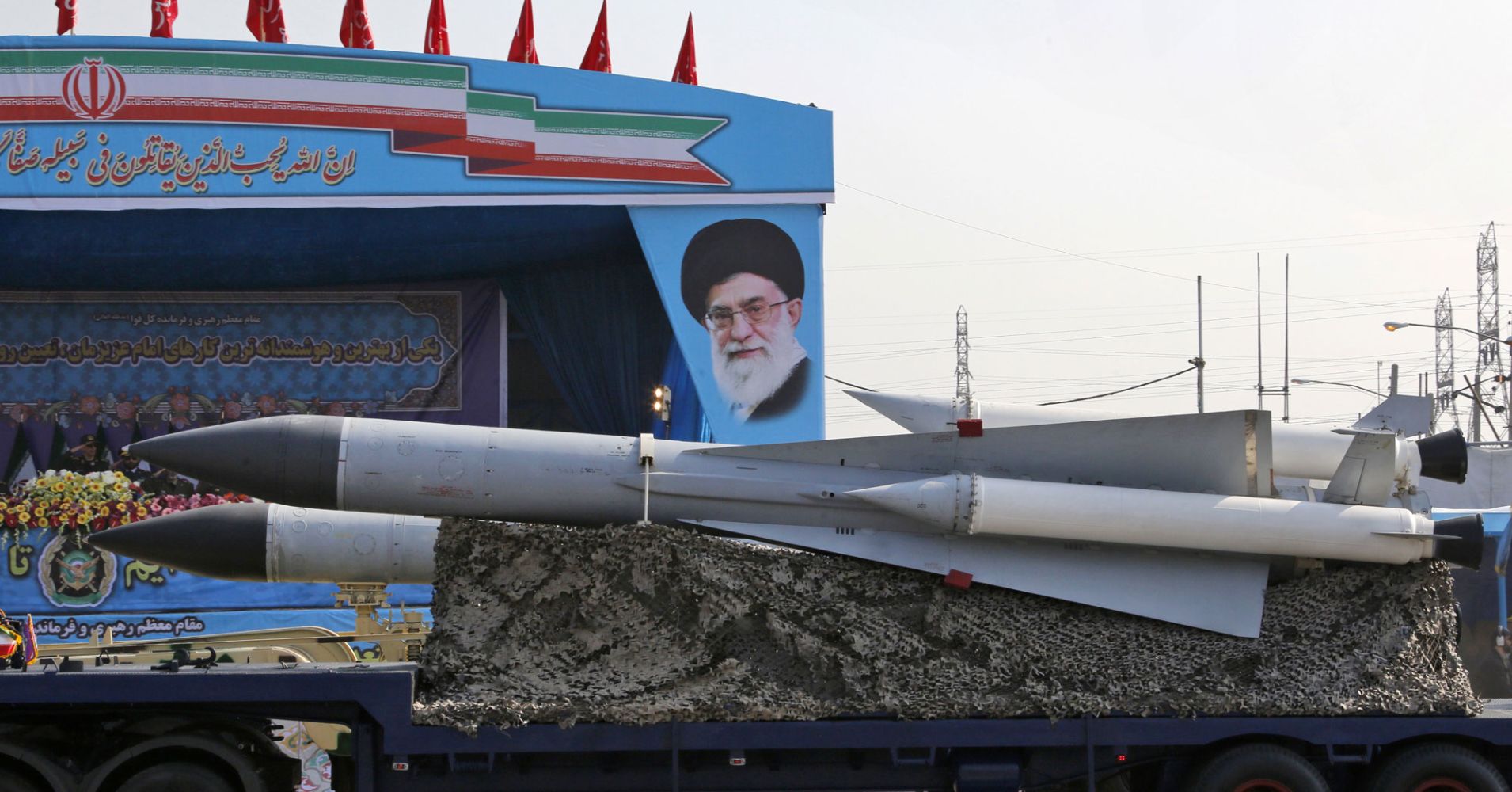
Sanctions on Iran’s oil industry are being re-imposed by the U.S. on November 4 after President Trump’s decision to withdraw from an international nuclear deal. They will severely impact its oil industry, port operators, shipping sector and petroleum-related transactions. They follow a first series of U.S. sanctions, imposed in August, targeting other Iranian sectors.
The U.S. has warned other countries that they too will be hit by secondary sanctions if they buy Iran’s oil.
The sanctions are expected to lead to export losses for the Islamic republic that surpass 1.2 million barrels a day (mb/d) during the first quarter of 2019.
“Beyond the barrel loss and the tightening fundamental backdrop, we think oil’s fear premium could stage a comeback depending on the Iranian response,” Croft and her team wrote.
Aside from Iran, geopolitical events affecting other oil producers, notably Venezuela, Nigeria, Iraq and Libya (along with Algeria, they are known as the “fragile five”), could also impact global oil supply and prices, accordingly.
“We started the year warning that the economic and political crisis in Venezuela could cause its production to plunge by close to 1 mb/d in 2018; we now anticipate that the snapback of U.S. sanctions could take similar volumes of Iranian exports off the market as the year comes to a close,” Croft said.
“These two producers alone represent a very real supply gap risk of nearly two million barrels, and we continue to caution that an additional 500 kb/d is credibly at risk for periodic outages in Libya and Nigeria, as the security situation in both countries remains fragile and upcoming elections could bring additional unrest.”
With oil supply disruptions a distinct possibility, market analysts are questioning the capacity of other major oil producers, like Saudi Arabia and Russia, to step up production if there are outages that prompt a sharp rise in prices.
Saudi Arabia is viewed as the “only holder” of significant spare capacity in RBC’s view, but Croft noted that although it has ramped up output by more than 280, 000 barrels a day since May, “questions remain about how much more output it can easily bring on and about its willingness to risk another contraction in prices given its own domestic revenue requirements.”
